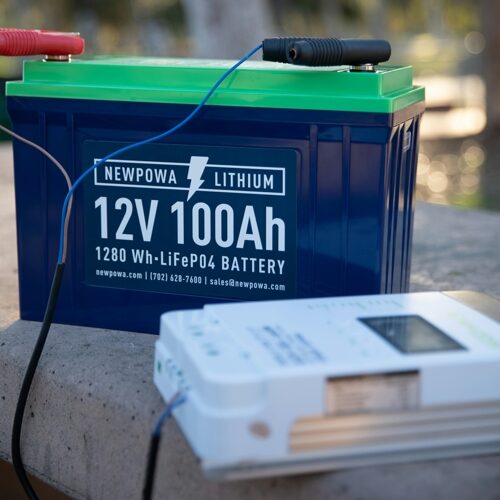
Lithium-ion batteries are now common in many devices that we use every day as well as in work. They are found in our mobile phones, laptops and personal vehicles including cars, e-scooters, and e-bikes.
The benefits are that they charge quickly, and discharge slowly compared to other types of rechargeable battery. They can provide more power per individual cell so that they can be made smaller that other battery types for the same output.
The downside is that they come with safety issues including sparking, fire and explosion, pressure build up and toxic gas release.
Quoting from a survey of 501 UK businesses, published by Aviva in January 2025, 54% had experienced an incident with 36% reporting a lithium-ion battery overheating. You can read the full survey report here…
Lithium-ion battery incidents affect more than half of businesses – Aviva plc
The survey demonstrated that around half of the businesses that had experienced an incident were not prioritising safety with use of non-genuine chargers, not following guidelines regarding overcharging and poor disposal methods.
Because batteries in many forms have been in common usage for many years, it is understandable that people do not consider the type of battery and the safety controls that are required for lithium-ion that many not be necessary for older types that they are familiar with. Consider though, if you have ordered an item online containing a lithium-ion battery and the alarming large warning stickers on the packages advising carriers of the contents of the parcel do that they can take appropriate care.
Learning about the hazards and controls is a quick and easy win for individuals, operatives, and safety managers although there may be a cost burden involved in providing safe storage and charging arrangements.
As with all safety issues, ignorance of the risks is no excuse should an incident cause property damage or personal injury.
If your workers are provided with well maintained equipment, storage and charging facilities, that will be a lot less expensive than the potential fine from not implementing these controls.
